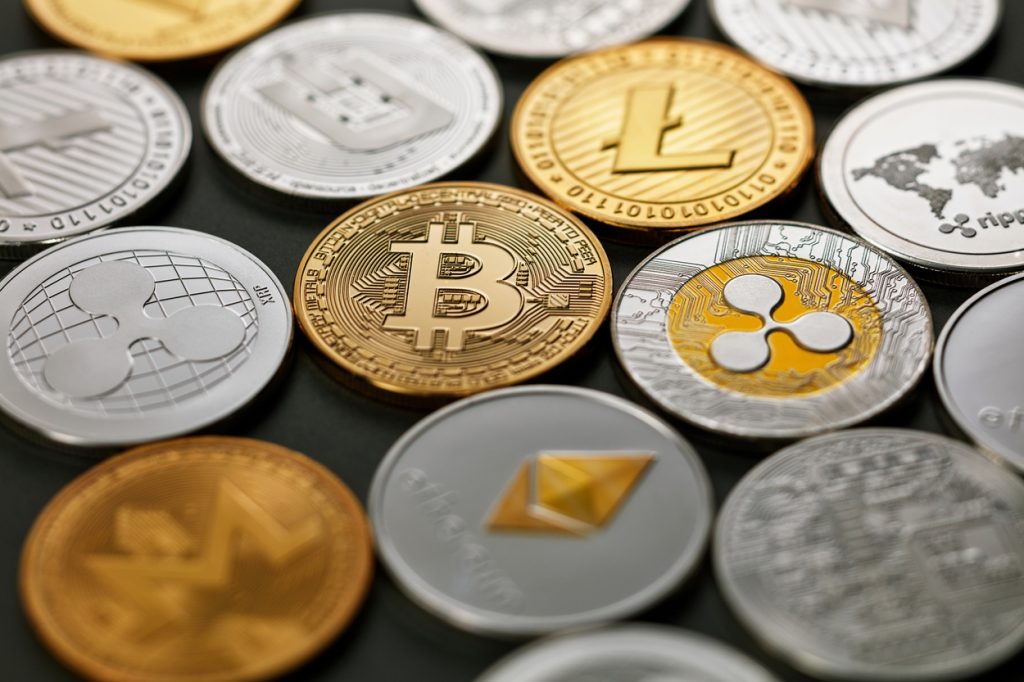The Intricacies of Money: From Ancient Trade to Modern Economies
Money, in its various forms, has been a cornerstone of human civilization for millennia. It transcends mere currency and becomes a symbol of value, trust, and societal development. This article explores the multifaceted nature of money, its evolution, and its profound impact on contemporary life.
The Fundamental Functions of Money
At its core, money serves three pivotal functions in an economy:
Medium of Exchange: Money acts as an intermediary in trade, facilitating the exchange of goods and services. This function eliminates the inefficiencies associated with barter systems, such as the necessity for a double coincidence of wants—where both parties need what the other offers.
Store of Value: Money allows individuals and businesses to save wealth and defer consumption until a later time. It must maintain its value over time, although it can be affected by inflation and economic instability.
Unit of Account: Money provides a consistent measure for pricing goods and services, making it easier to compare values across different items. This standardization simplifies economic planning and decision-making.
The Historical Evolution of Money
The concept of money has undergone significant transformations throughout history:
Barter System: In ancient times, goods and services were directly exchanged. However, this system was inefficient due to the need for a double coincidence of wants.
Commodity Money: Early civilizations used commodities such as cattle, grains, and precious metals as money. These items had intrinsic value and were widely accepted in trade.
Metallic Money: Metals like gold, silver, and copper became standard forms of money due to their durability, divisibility, and intrinsic value. Coins were minted to standardize transactions.
Paper Money: As trade expanded, carrying large amounts of metal became impractical. Governments and banks introduced paper money, representing a claim to a certain amount of metal held in reserve.
Fiat Money: Modern economies predominantly use fiat money, which has no intrinsic value and is not backed by physical commodities. Its value is derived from government decree and the trust of the people.
The Societal Impact of Money
Money's influence permeates various aspects of society, shaping economic, social, and cultural landscapes:
Economic Growth and Stability: Money facilitates trade, investment, and savings, driving economic growth. Central banks regulate money supply and interest rates to maintain economic stability and control inflation.
Social Inequality: While money can elevate living standards, its unequal distribution often leads to social disparities. Access to financial resources influences education, healthcare, and opportunities, perpetuating inequality.
Cultural Influence: Money affects cultural norms and values, often defining success and social status. The pursuit of wealth and material possessions can shape individual aspirations and societal values.
Psychological Impact: Money impacts mental well-being, providing a sense of security and freedom. However, financial stress and the pressure to accumulate wealth can lead to anxiety and reduced quality of life.
The Future of Money
The landscape of money is rapidly evolving, influenced by technological advancements and changing economic dynamics:
Cryptocurrencies: Digital currencies like Bitcoin and Ethereum challenge traditional financial systems. These decentralized currencies offer new methods of transaction and value storage, free from government regulation and banking institutions.
Mobile Payments: Mobile payment technologies, such as Apple Pay and Google Wallet, are revolutionizing transactions. These systems offer convenience, speed, and security, promoting a cashless society.
Central Bank Digital Currencies (CBDCs): Many central banks are exploring the creation of digital currencies. CBDCs aim to combine the benefits of digital currencies with the stability of traditional fiat money, potentially transforming monetary policy and financial inclusion.
Financial Inclusion: Technological innovations are enhancing access to financial services for unbanked and underbanked populations. Mobile banking, microfinance, and fintech solutions are empowering individuals and small businesses, fostering economic inclusion and development.
Money is a complex and dynamic element of human society, essential for economic transactions and deeply intertwined with social and cultural systems. Its evolution from barter to digital currencies reflects humanity's ingenuity and adaptability. As technology and economies continue to evolve, the role and nature of money will undoubtedly transform, presenting new opportunities and challenges. Understanding money's multifaceted nature helps us appreciate its profound impact on our lives and the broader world.






























0 Comments